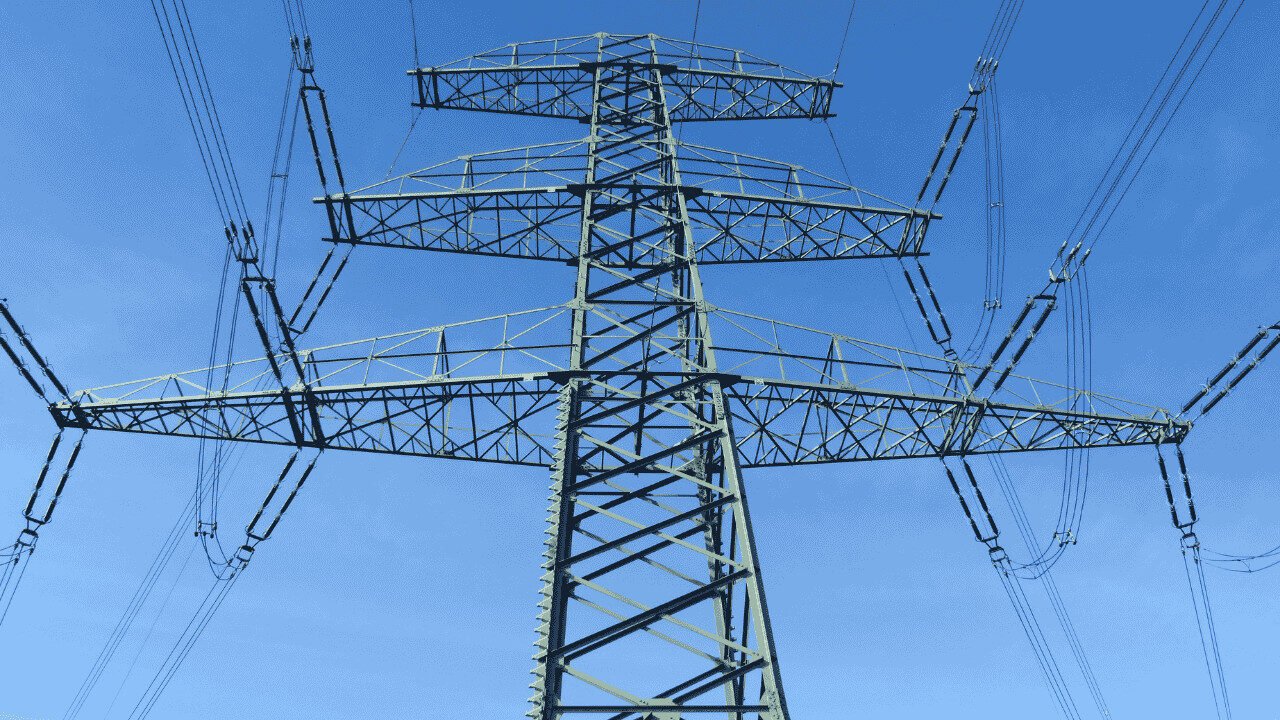By Mohsin Ali
Bad news for everyone paying an electricity bill: You are being forced to cover a mistake that is costing the country about Rs 215 crore (around $2 million).
Experts say this huge financial burden on consumers is mostly because the government agencies in charge aren’t doing their jobs right.
While people often blame things like the weak rupee or the cost of power plants for expensive electricity, a new report says less attention is paid to a bigger problem: weak rules and a failure to enforce contracts with private companies.
This failure means that when a company breaks its promise, you pay the bill.
The Latest Screw-Up: A Coal Company Breaks Its Promise
The most recent incident involves a coal-fired power plant in Punjab. A company that had a long-term deal to supply coal simply broke its contract.
What happened next? The government energy regulators—the National Electric Power Regulatory Authority (NEPRA) and the Central Power Purchasing Agency (CPPA-G) Limited—decided to pass the entire financial loss directly to the people through higher electricity rates.
This shows that the problem with buying coal is still going strong. Even though an investigation happened earlier this year and some fixes were made, the issue keeps popping up and keeps raising your electricity costs.
We asked NEPRA about this problem on September 22, but despite multiple promises, the agency never gave us a written answer.
How the Problem Started
The trouble began in December 2024 when the coal supplier backed out of its agreement.
The supplier had won the contract by offering a good deal—a discount of $2.51 per ton on the coal. This was much better than the previous contract.
But the company suddenly stopped the supply, claiming “force majeure” (a fancy legal term for an unexpected, major event). They blamed crowded coal terminals in South Africa and tensions between India and Pakistan.
However, experts point out two major issues with this excuse:
- Terminal traffic is a normal part of the trade business.
- Even with India-Pakistan tensions, other suppliers kept delivering, and other Pakistani industries continued to import coal without problems.
Here’s the kicker: The same supplier kept delivering coal to other industries at the time. This suggests the real reason they stopped was the low price they had agreed to, not a genuine event that made delivery impossible.
The Extra Costs You Are Paying
Because of the broken contract, the power plant had to quickly buy coal from someone else at a much higher cost—$1.86 more per ton.
This failure to deliver about 372,000 tons of coal cost the public about $691,931 (or approximately Rs 19.7 crore).
In a decision dated June 26, 2025, NEPRA allowed this entire loss to be charged to consumers instead of making the company that broke the contract pay the money back.
Under the rules, the company that defaulted should have had to pay this extra cost, and the security deposit they put up should have been taken away.
But records show the security deposit was not taken away, and the money was not recovered from the company.
Even worse, despite breaking the first contract, the company was allowed to enter and win new tenders (bids for future contracts).
In a new tender on June 11, 2025, the same company offered a much smaller discount. This difference added another $55,800 (about Rs 1.6 crore) to the public’s bill.
The System is Broken
The fact that CPPA-G is approving new deals for companies that just broke a contract shows that there is no real system in place to punish bad behavior.
Earlier, a NEPRA investigation committee looked into problems with the coal buying process. That report found that because there was very little competition and few rules, contracts were often given to just a single bidder.
The committee suggested creating an independent coal regulator to protect consumers from these unfair costs. Even eight months later, these key recommendations have not been put into action.
Author Profile






